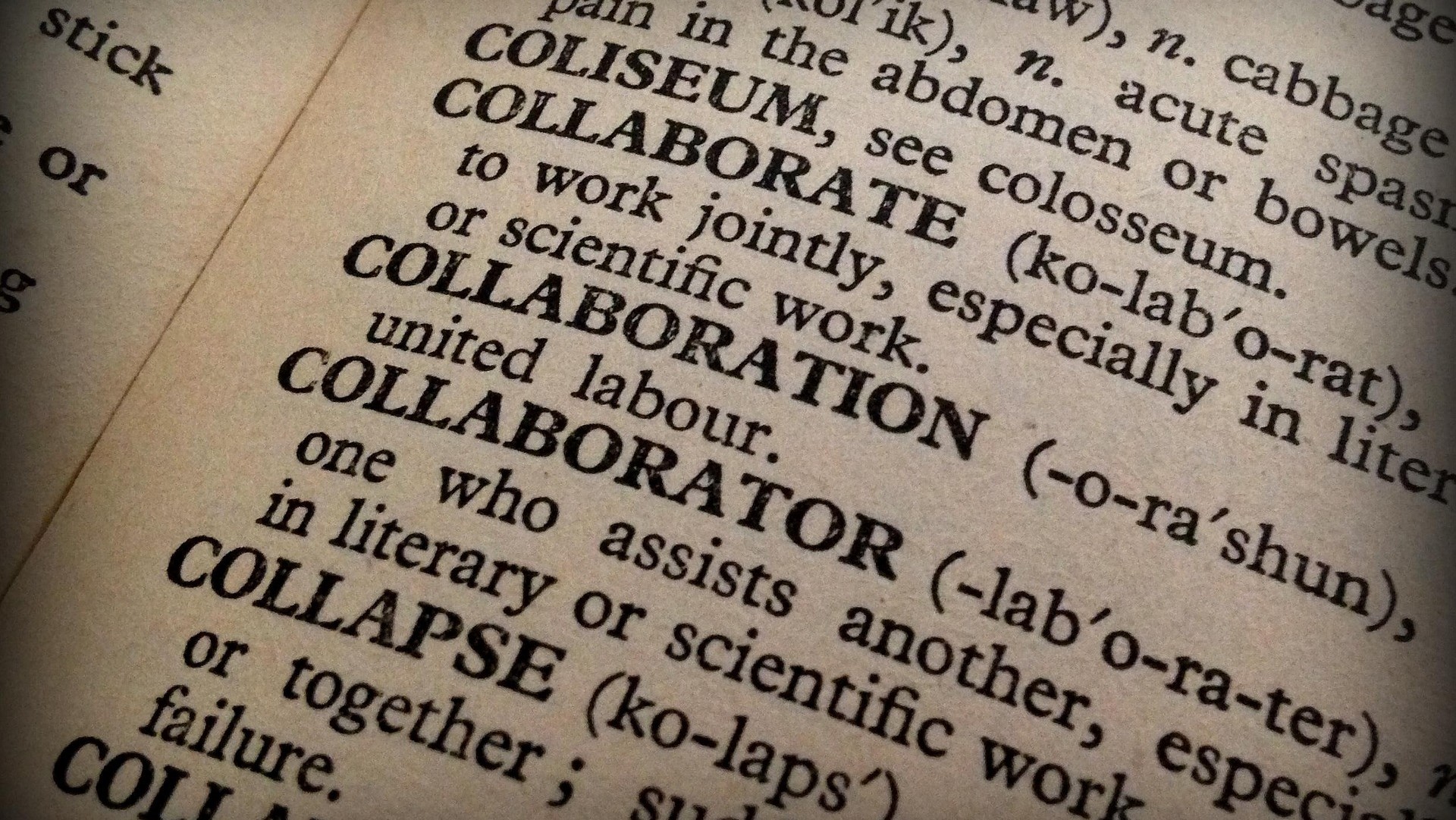Collaboration: Working Together for Success
Collaboration means working together with others toward a common goal. It might seem like a simple concept, but collaboration can be the key to achieving something that’s beyond what any one person could do alone. When people collaborate, they bring their unique strengths, ideas, and perspectives, creating an environment where each person’s contribution strengthens the outcome.
Imagine a group project in school. When you sit down with classmates to brainstorm ideas, each person’s thoughts add a fresh layer of creativity to the conversation. One person might have a unique perspective, while another can point out challenges and solutions that others hadn’t considered. This mix of ideas is what makes collaboration so powerful. Everyone’s thoughts, when combined, can lead to a solution that wouldn’t have come from just one person. This brainstorming process is collaboration at its finest—each person’s strengths are united for a better result.
Collaboration isn’t just for the classroom; it’s essential on the field too. Take a soccer game, for example. Imagine you’re on a team, and everyone wants to score without passing the ball. If players only focus on their individual goals, they miss opportunities to work together effectively. In contrast, when teammates collaborate by passing the ball, strategizing together, and supporting each other, the game flows much more smoothly. This teamwork makes it easier to score and defend because each player is focused on what’s best for the whole team, rather than just their own achievements. In this way, collaboration shows itself as a crucial skill in sports and activities beyond academics.
Learning to collaborate doesn’t happen overnight. It takes practice, patience, and the willingness to listen to others. When you collaborate, you learn how to share ideas and listen actively. You get to understand different perspectives, which can open your mind to new ways of thinking. Sometimes, collaboration requires compromise, as well. You might have an idea that you feel strongly about, but another person’s suggestion could make the project even better. In such situations, you learn to work together, recognizing that everyone’s input is valuable.
The benefits of collaboration go beyond the task at hand. Developing this skill can help you in many areas of life. When you work well with others, you build stronger relationships because people see that you value their ideas. Collaboration also builds trust because each person knows they can rely on one another to contribute. As you practice collaboration, you become more comfortable sharing responsibilities and taking on roles that support the group’s goals. This trust and cooperation can help in family, friendships, and even future work situations where teamwork is essential.
In addition, collaboration helps improve communication skills. To work together effectively, you must communicate clearly, so others understand your thoughts and ideas. When others share their perspectives, you learn to ask questions, clarify doubts, and give constructive feedback. These communication skills can make a huge difference in school, social settings, and future careers.
Overall, collaboration is about much more than simply working together. It’s a way of combining different strengths and ideas to achieve a shared goal. Whether you’re working on a school project, playing on a sports team, or even planning an event, collaborating with others can lead to impressive results. By practicing collaboration, you’re not only making tasks easier and more enjoyable but also building skills that will help you in every part of life. So next time you have the chance to work with others, remember that collaboration can be the key to success.

